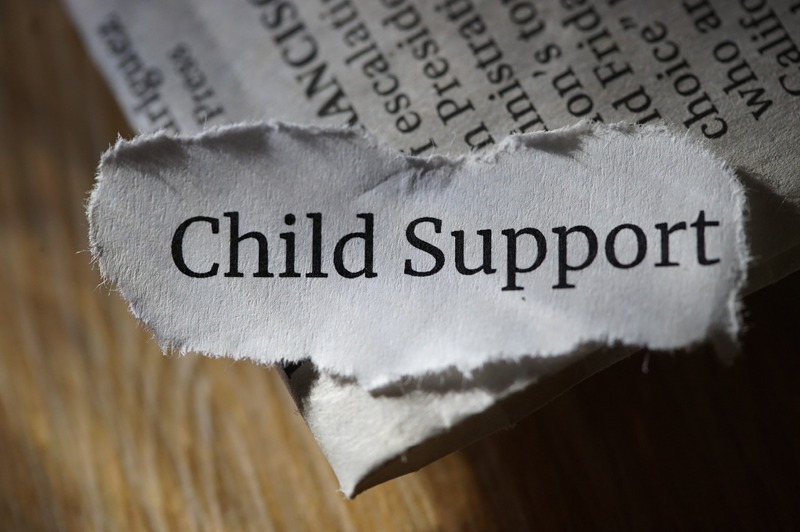Key Takeaways
- Child Support ensures that children receive financial support regardless of parenting arrangements.
- Typically, child support is paid by the parent who spends less time with the child but this depends on individual circumstances, particularly financial situation.
- The Department of Human Services determine child support payable using a formula.
- You can enter into a private agreement with the assistance of lawyers.
- An application is lodged online.
- There are legal consequences if child support goes unpaid.
- Child support assessments can be reviewed, particularly if there are relevant special considerations.
Child support is a topic that many families face both during and after separation or divorce. The purpose of Child Support is to ensure that children receive the financial support they need, regardless of their parenting arrangements. Here’s a simple breakdown of the key information about child support:
What Is Child Support?
Child support is a regular payment made by one parent to the other to help cover the costs of raising their child. These payments aim to ensure that children have access to basic necessities, including food, clothing, shelter, education, and healthcare.
Who Pays Child Support?
Typically, the parent who does not live with the child most of the time (known as the “payer”) pays child support to the parent who provides the primary care (the “payee”). However, arrangements can vary depending on the parenting arrangements and the financial situation of both parents.
How Is Child Support Calculated?
In Australia, child support is usually calculated using a formula set by the Department of Human Services (Child Support Agency). The formula considers several factors, including:
- The income of both parents.
- The number of children involved.
- The age of the children.
- The amount of time the children spend with each parent.
- Costs associated with raising children at different income levels.
- Whether the parents have any other dependant children, with other partners.
If you are yet to obtain a formal assessment, you can use Services Australia online estimator to provide you with an guide of the child support payable in your situation: https://processing.csa.gov.au/estimator/About.aspx
Parents can also make private agreements about child support if they both agree on the terms. These can be formalised, so that they are legally binding, in a document called a Binding Child Support Agreement. You must engage a solicitor to finalise this document so that it is enforceable.
What Does Child Support Cover?
Child support is intended to contribute to the costs of raising a child, including:
- Basic needs: Food, clothing, and housing.
- Education: School fees (including private school fees), books, and uniforms.
- Healthcare: Doctor’s and dentists visits, medications, and health insurance.
- Extra-curricular activities: Sports, music lessons, and other hobbies.
Parents can of course reach private agreements about non-periodic payments for their children, including school fees, sports registrations and healthcare costs.
How do I apply for Child Support?
If you are a legal parent of the child, you can lodge an assessment application online. You will need information about yourself and the other parent, including contact details, information about income and parenting arrangements. The Child Support Agency will undertake an assessment and notify you of the outcome.
What Happens If Child Support Isn’t Paid?
Failure to pay child support can lead to serious consequences. In Australia, the Child Support Agency (CSA) can take enforcement actions, such as:
- Deducting payments directly from wages.
- Restricting passports.
- Taking legal action to recover unpaid amounts.
Can Child Support Amounts Be Changed?
Yes, child support amounts can be reviewed and adjusted if circumstances change. For example, if a parent’s income increases or decreases significantly, or if there are changes in custody arrangements, either parent can apply for a reassessment. Parents can also lodge a change of assessment application if they meet special criteria, including whether a child has additional needs or has (agreed) high costs of education s. More information can be found here: https://www.servicesaustralia.gov.au/changing-your-child-support-assessment-special-circumstances?context=21911
Why Is Child Support Important?
Child support plays a vital role in ensuring children have the best access to the resources that both parents can provide them, enabling them to live a stable and healthy life. It helps to reduce financial stress for the parent who provides day-to-day care and ensures that children can maintain a standard of living similar to what they would have had if their parents were together.
Child support is about putting the best interests of the child first. While navigating these arrangements can be challenging, understanding your rights and responsibilities is a crucial step toward achieving a fair outcome for everyone involved.
Where Can You Get Help?
If you need help with child support, there are many resources available. The website for the Department of Human Services provides comprehensive information: https://www.servicesaustralia.gov.au/learning-about-child-support?context=60015 . You can also call their hotlines for information about your assessment.
It’s also crucial to consult with a family law solicitor who can provide individual advice about child support, particularly how it interacts with your wider parenting arrangements or property settlement.
If you have questions about child support, don’t hesitate to contact us or call our office on (02) 4943 3988 to speak with us. We are always here to help, and have years of experience assisting people in the Newcastle, Lake Macquarie and Hunter region.
This blog was written by Senior Associate,
Liz McIntyre
Liz practises in the areas of Family Law, Wills & Estate Planning,
Deceased Estates, Wills disputes and Conveyancing








